When it comes to building a durable and visually appealing retaining wall, the type of block you choose plays a crucial role. Whether you’re managing erosion, creating a tiered garden, or adding usable space to your property, understanding your options can help you achieve both functionality and style. Below, we’ll explore the most common types of retaining wall blocks and what to consider when selecting the right one.
Why Retaining Walls Matter
Retaining walls are essential for controlling soil erosion, supporting sloped landscapes, and adding structural integrity to outdoor spaces. In addition to their practical benefits, these walls can dramatically enhance your home’s curb appeal. That’s why working with experienced retaining wall contractors is key to building a structure that’s both beautiful and built to last.
1. Concrete Retaining Wall Blocks
Concrete blocks are one of the most popular materials used for retaining walls due to their strength, affordability, and design flexibility. Available in a variety of shapes and textures, concrete blocks offer a modern aesthetic while remaining highly durable.
There are even interlocking retaining wall blocks made of concrete that make DIY installations easier. These blocks fit together like puzzle pieces, creating a secure structure without the need for mortar.
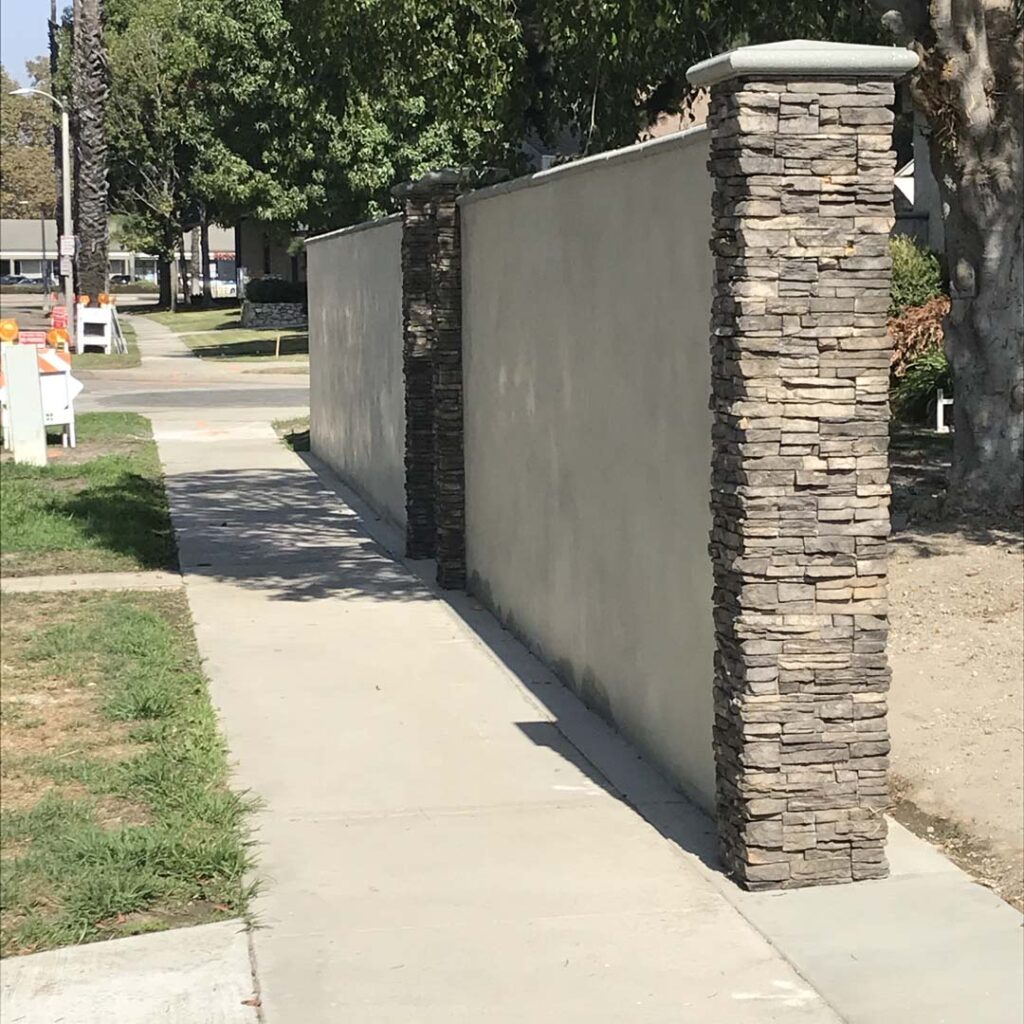
2. Natural Stone Wall Blocks
If you’re aiming for a more organic look, natural stone is an excellent choice. Though often more expensive than concrete, natural stone has unmatched beauty and blends well with outdoor surroundings. Stone walls are ideal for homes with rustic, classic, or high-end landscaping styles.
While natural stone offers longevity and visual appeal, it usually requires skilled retaining wall contractors to install properly due to its irregular shapes and weight.
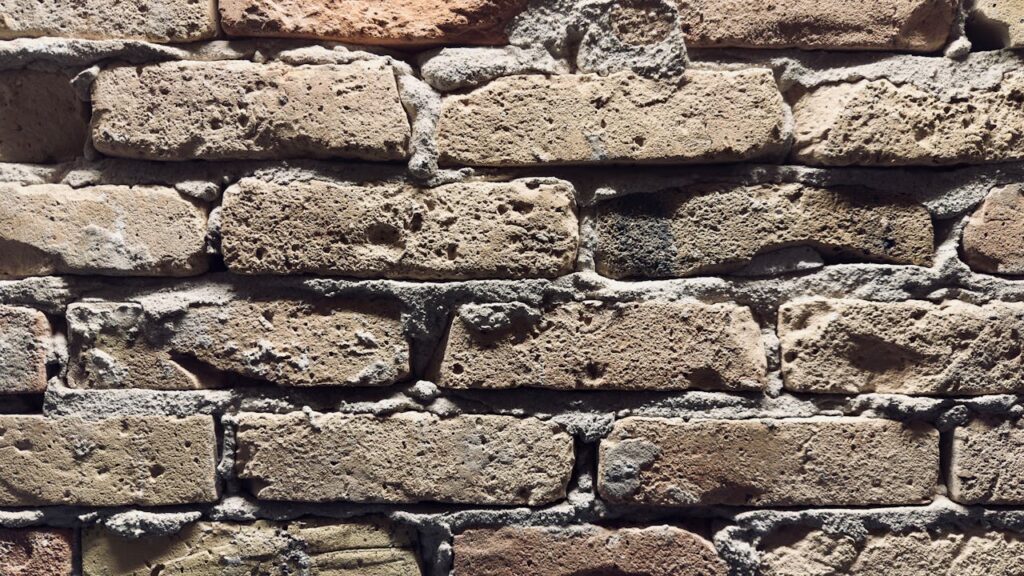
3. Timber Retaining Walls
Timber walls are budget-friendly and offer a warm, natural look that works well in garden settings. However, they have a shorter lifespan than other options, as wood can rot or warp over time if not properly treated. Timber walls work best in smaller, low-pressure environments.
Though not technically “blocks,” timber segments are often used alongside other retaining wall blocks near me to create hybrid designs.
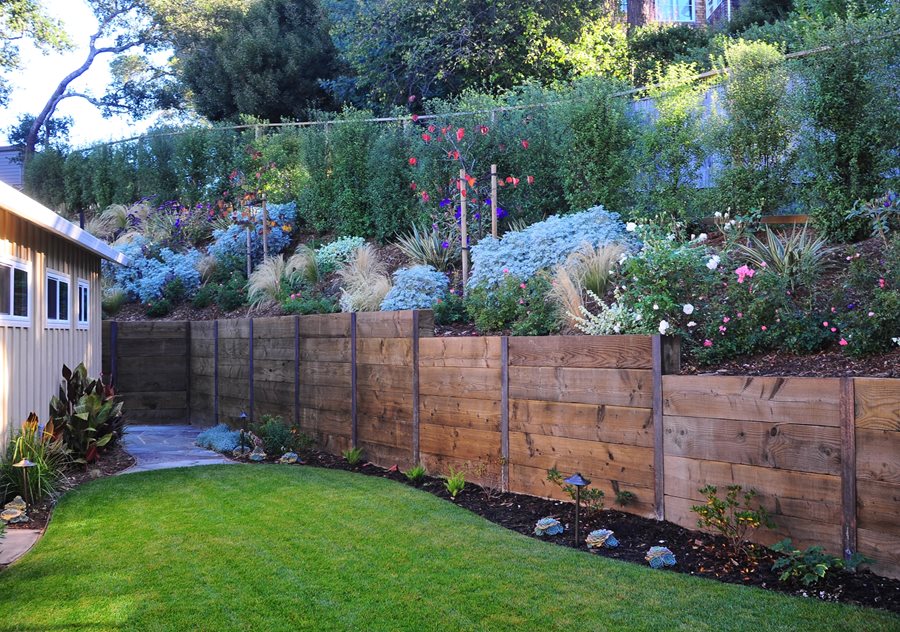
4. Gabion Walls
Gabion walls are made of wire cages filled with rocks or stones. They provide strong support, great drainage, and a unique industrial appearance. Gabions are ideal for erosion control in both residential and commercial spaces, though they require a bit more space than other options.
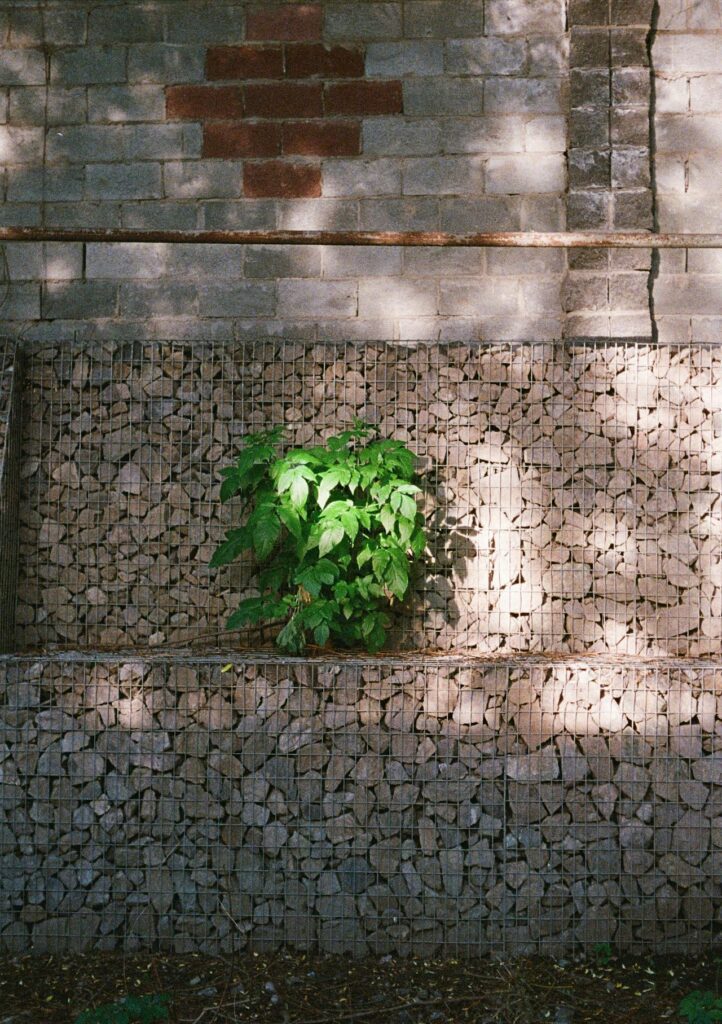
5. Brick or Modular Block Walls
For a classic or upscale look, many homeowners choose modular blocks or bricks. These wall blocks can be designed to match the exterior of a home or garden path. While stylish, they require careful planning and construction, often best handled by professional retaining wall contractors.
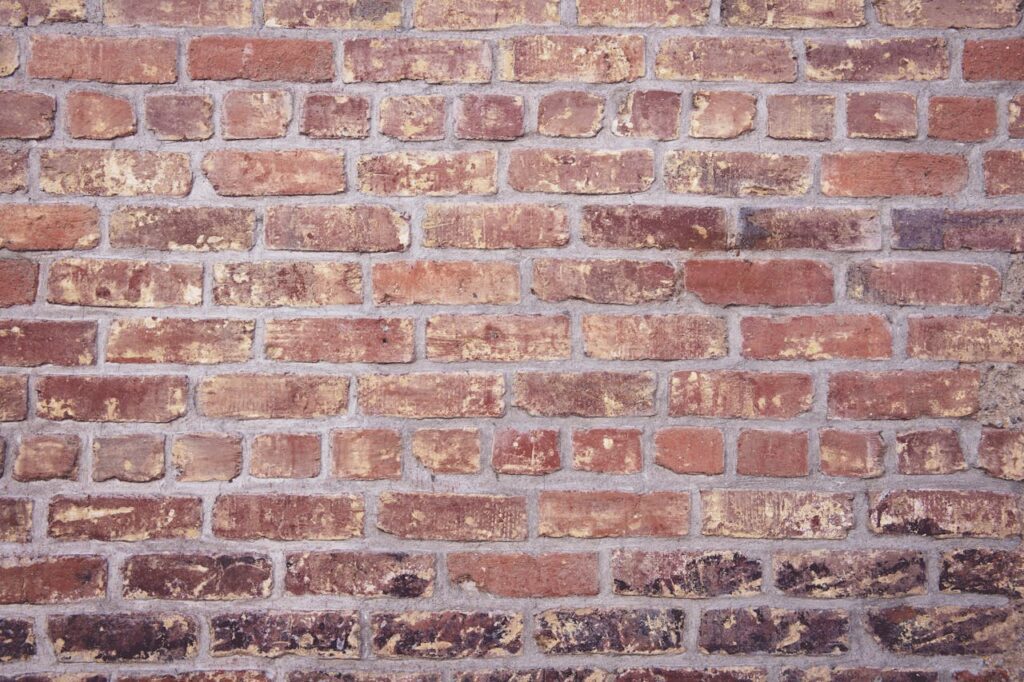
Finding the Right Blocks for Your Needs
Your choice of retaining wall block depends on the function of your wall, your budget, and your style preferences. A short decorative wall in your garden may only need simple retaining wall blocks, while a taller wall supporting a slope may require reinforced, interlocking retaining wall blocks.
If you’re wondering where to source quality materials, searching for retaining wall blocks near me can help you connect with local suppliers and installers who understand the needs of your region.
Ready to Build?
At Pacific Hardscapes, we specialize in custom solutions for all types of retaining walls. Whether you need a small decorative wall or a large-scale slope retention system, our expert team is here to help you choose the right materials and build with confidence.
Contact us today to discuss your next retaining wall project and get started with a free consultation.
